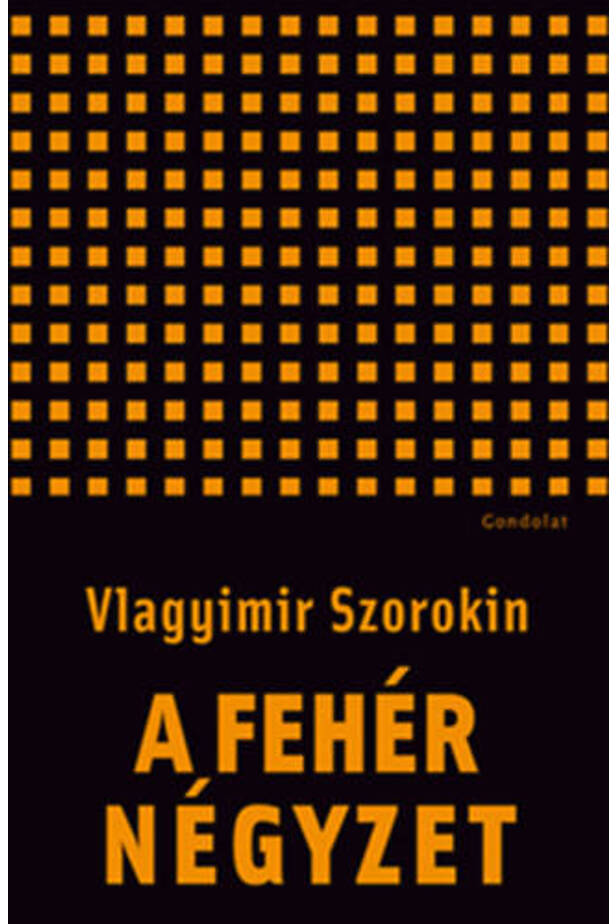The white square
Delivery time: 2 - 3 business days
Quantity:
HUF 2,690
Description
"He who boasts the purity of his ass," Bobrova continued as if he had never heard of them, "is cheating." - Sure, cheats! Here's the rusty nudge! Bobrov told him the truth. - What are you cheating about? Viktor Lvovich asked. "Well, the man's dirt is certainly the dirtyest of his ass," Bobrova said with a small, gray-green eye. Yevgeny Leonidovna wiped his mouth with the napkin and stood up. - Well, good, Lidocska, you wanted to. He pushed his chair aside noisily, turned around, folded up his plaid wool skirt with a greenish-silver silk lining in a single motion, and took off his gray wool bubble and pantyhose. There was a small black lace panty under her tights. Yevgeny Leonidovna hung her two thumbs firmly and also pushed her away to just crack. Holding his folded skirt around his waist, he stepped back to the table and, almost sitting on his plate with his wide buttocks, grabbed his buttocks, stretched them out, and leaned forward. - Have fun! At a Russian railway station behind a god, a young man meets a strange man — perhaps the devil himself — who shares with him the secret of the pyramid hidden under Red Square. Participants in the White Square talk show will be given a newly tried drug, which will lead to some deterioration. The poet could only be conquered by her fan if she could quote a line of poetry from the greats of 20th century Russian poetry that she could not match. A Russian soldier visits the miraculous star in his mountain shelter to ask him to change back the nuclear charges that have turned into crystal sugar. After several novels, you can meet the short stories of the Hungarian reader Vladimir Sorokin for the first time. These longer or shorter writings bear the characteristic sorokhin style features in the same way as the novels, and some of them take place in the same never-before-seen but very real Russia that is already well known from the author’s other texts. Somewhat characteristic is the brilliant lightness with which the crystal-clear classical Russian prose text gradually gives way to absurd or naturalistic motifs and the author’s stunning visions. The special feature of the selection in our volume is that it was compiled by the author himself from his short prose works written for the Hungarian edition in recent years. Vladimir Sorokin (1955) is a dominant figure in contemporary Russian literature. He was born in a small town near Moscow and is an engineer by training. At first he designed and illustrated books, then in the eighties he became a characteristic figure of the Russian underground as a writer. His writings could not be published in his homeland until 1989, his first novel was published by an emigrant publisher in Paris. Initially, it sparked prominence with his works depicting sexuality and violence in its own rawness. Later, his style was somewhat tamed, and the world of his novels, inspired by the reality of Putin's Russia, was enriched by a socially critical point of view. The legacy of classical Russian prose is always important to him, which, of course, he twists with love and great writing prowess. He depicts the future world (s) he envisions, which can be read both as a mirror of the present and as a return to the past, with irony, a lot of humor, some naturalism, and always with the help of the living language that is unique to him. In addition to his twelve novels, Sorokin has written several short stories, several dramas, film scripts and even opera librettos. His novels, including The Ice Trilogy (2002-2005), have been translated into more than thirty languages worldwide. The author's works can also be read in Hungarian: Kékháj - Bro's Way - The Ice - 23,000 - A Day in the Ostrich - Sugar Kremlin - Snowstorm - Telluria - Manaraga
| publisher | Thought Publishing Circle |
|---|---|
| writer | Vlagyimir Szorokin |
| scope | 200 |
| volume unit | oldal |
| ISBN | 9789636938956 |
| year of publication | 2019 |
| binding | tabbed, cardboard |


